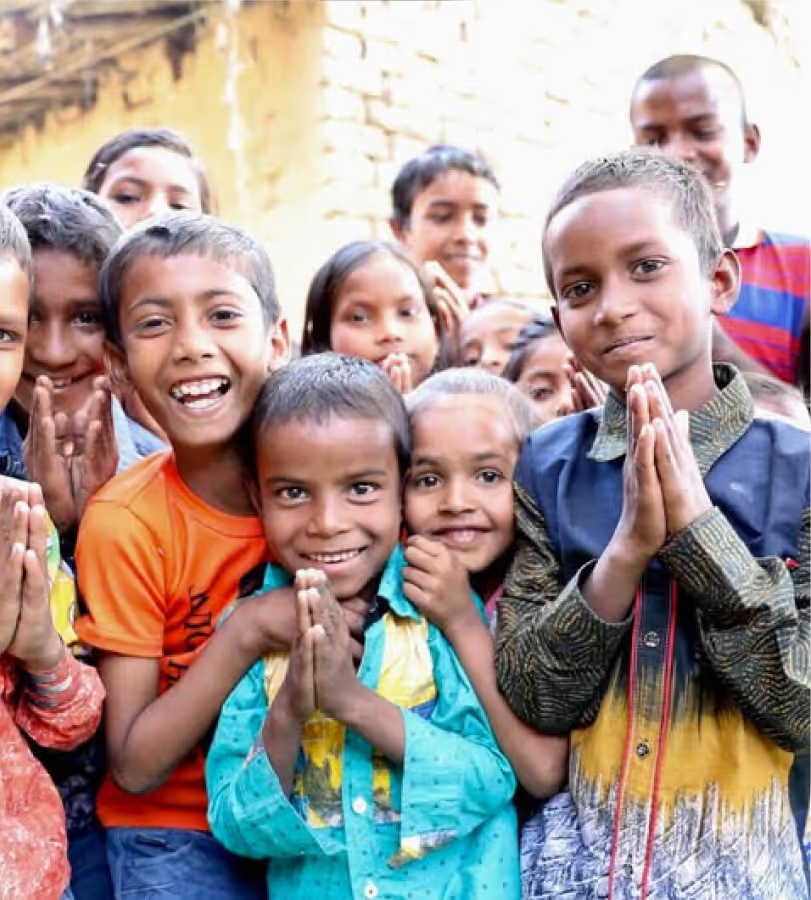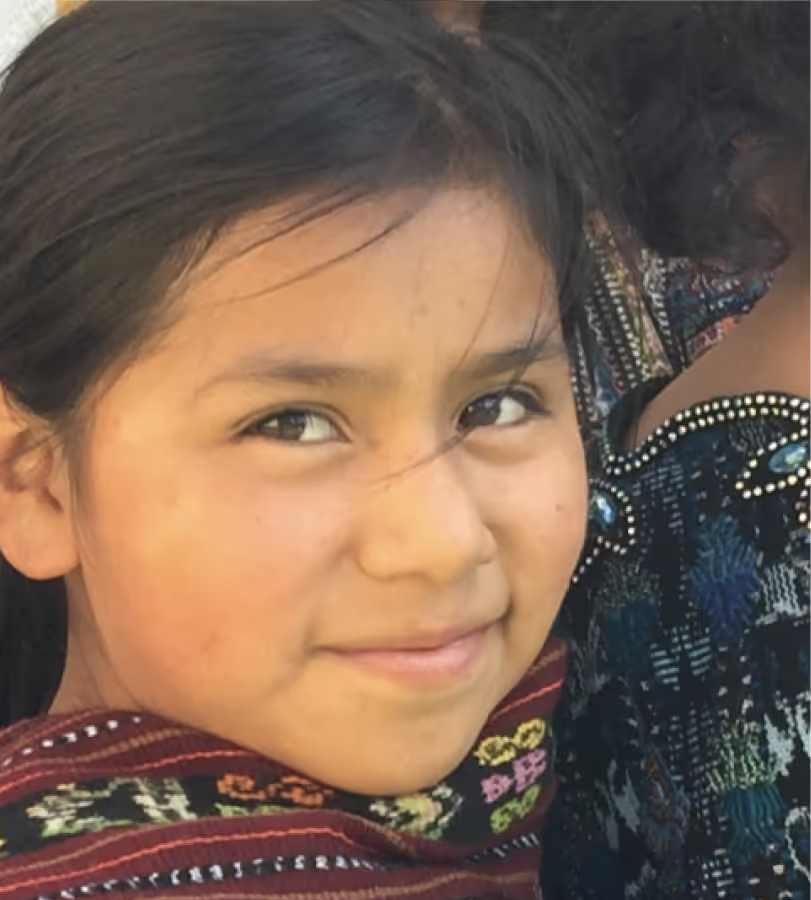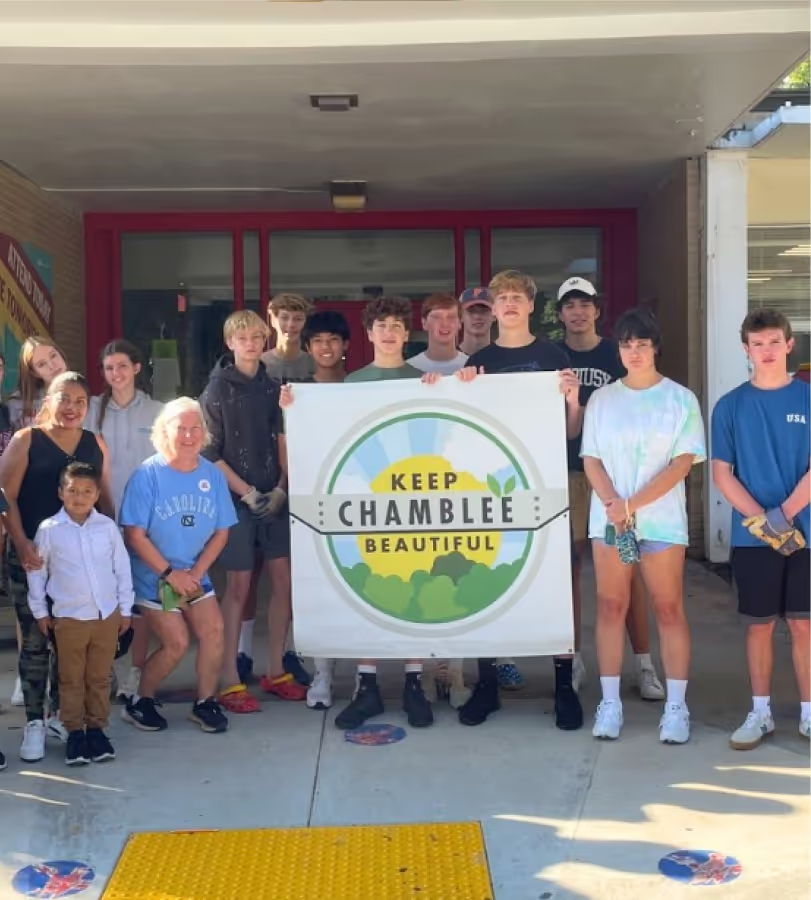
Cambodia
One of our most established and robust territories, Cambodia is where the joy of self-confidence shines across hundreds of young students. Each day children come excited to attend the English classes and computer classes where technology and learning have made amazing advancements. These programs, along with other enriching opportunities like Women’s Empowerment, Traditional Arts, and life skills development provide a powerful learning and growing community growth.

Fine Arts

Fresh Water Resources

English Immersion

Technology Center

Women’s Empowerment
Kaleidoscope’s Journey
Inspired by the best practices of other Cambodian NGOs, we established two learning centers. Our main campus is located in the heart of Siem Reap, while the second is situated in a rural village named Nokor Krao. We’ve adapted and tested multiple inclusive curricula for students learning English as an additional language, essential life skills, scientific principles, technological advancement, and mathematical concepts. Together, these schools serve over 600 children from these areas and the surrounding villages.
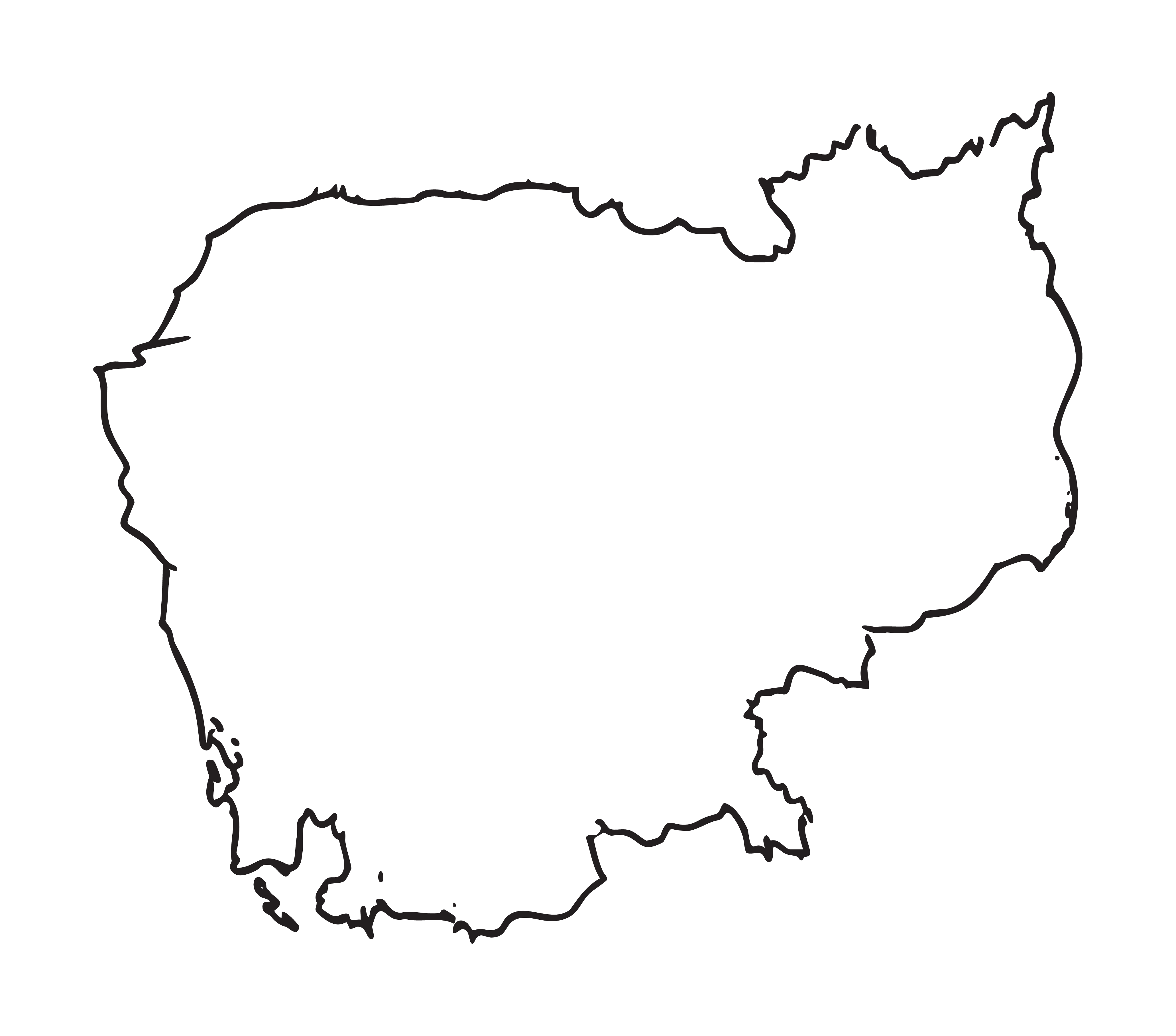
Our Schools
We operate two campuses that together support our educational mission in Cambodia. The main campus in Siem Reap provides education to approximately 450 children each year. Our second campus, located in the village of Nokor Krau, supports an additional 200 students annually.
In addition to academic instruction, both campuses offer a comprehensive nutritional program, recognizing that proper nourishment is a vital component of a child’s ability to learn and thrive.
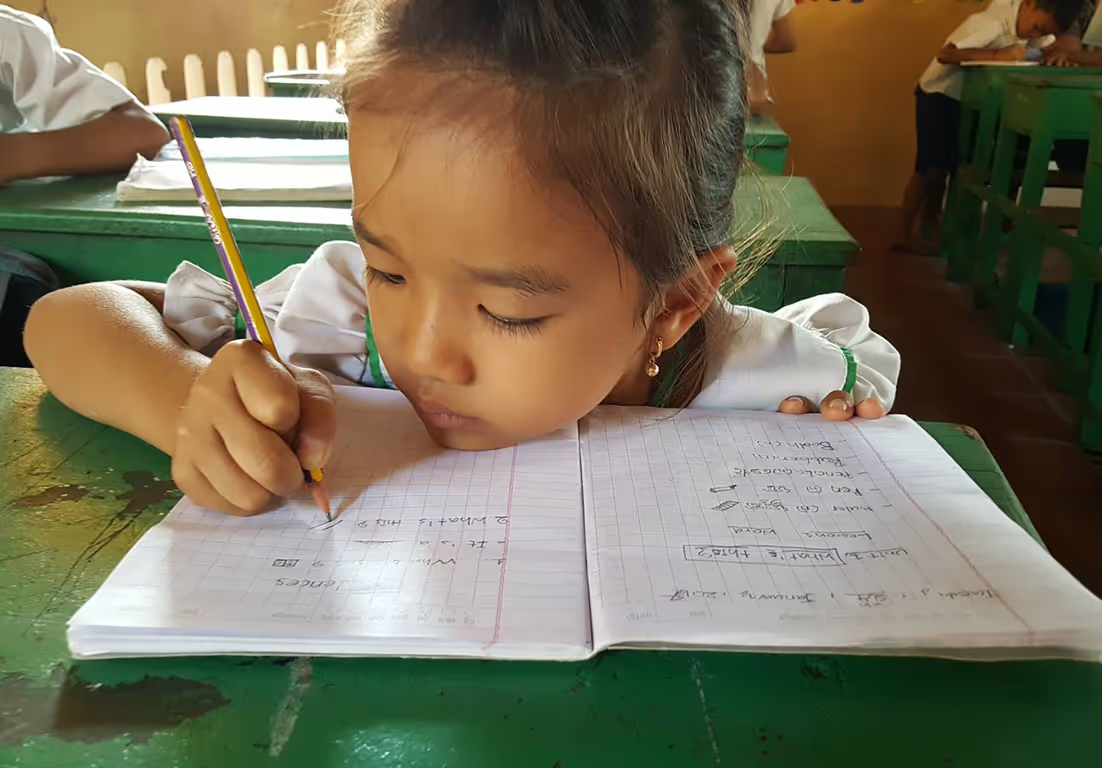
Today
The future in Cambodia is bright! Our supplementary education programs, beyond the conventional government school experience, are equipping students with crucial skills. Since our arrival in 2004, the country has undergone remarkable modernization. Tourism has provided local English-speaking children with diverse career opportunities, spanning various fields such as commerce, business administration, architecture, graphic design, hotel management, and hospitality.
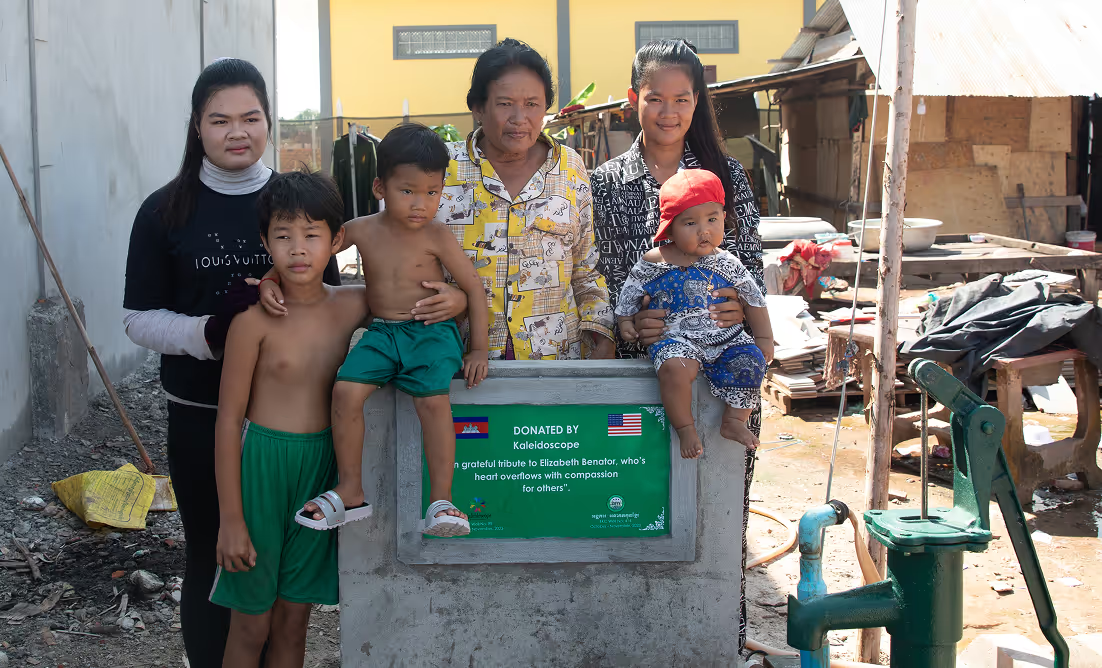
Teachers: Finding the Very Best
While recruiting the best teachers in India is relatively easy, the process in Cambodia is more challenging. Lured by higher salaries in the tourism industry, finding and retaining excellent teachers is an ongoing struggle. Consequently, when we find good teachers, we continuously work with them to nurture and maintain their commitment.
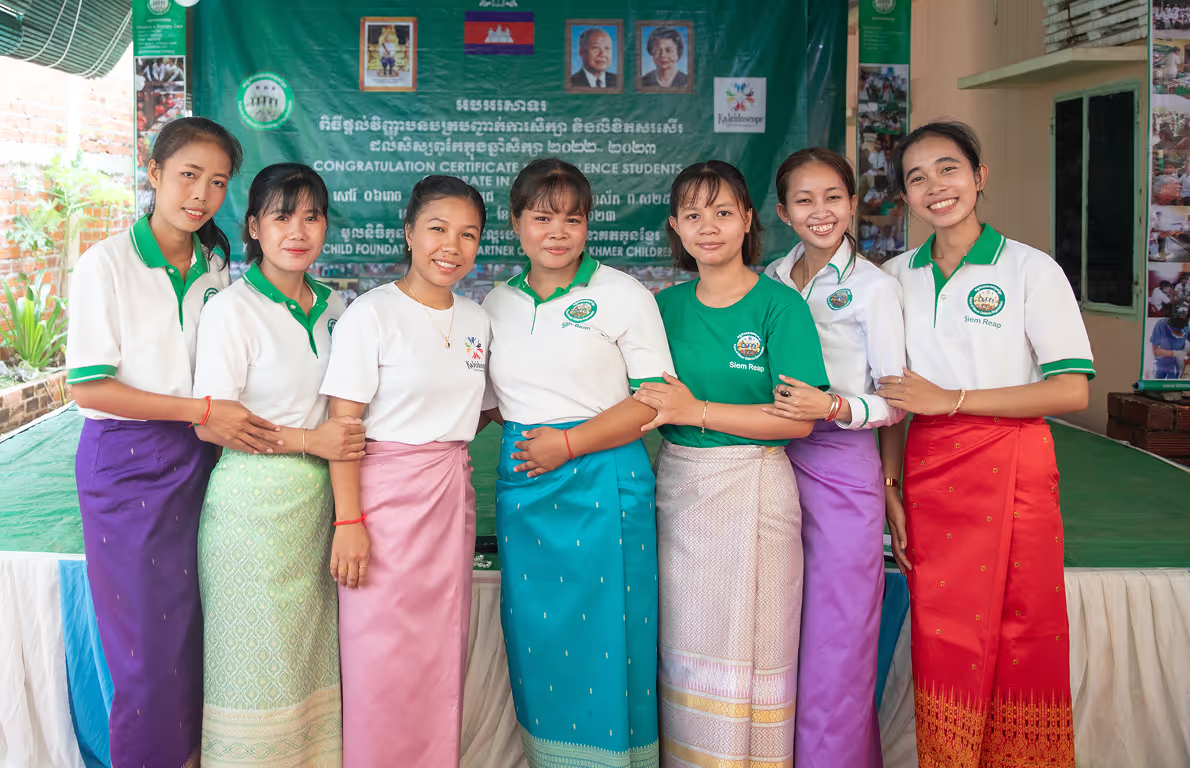
Bicycle Program
Each year, eligible children receive bicycles that make the long journey to school much easier. For many, this is not only their way to reach the classroom but also the primary means of transportation for their entire family. Thanks to our generous donors, children can get to school safely and families can travel with greater ease.
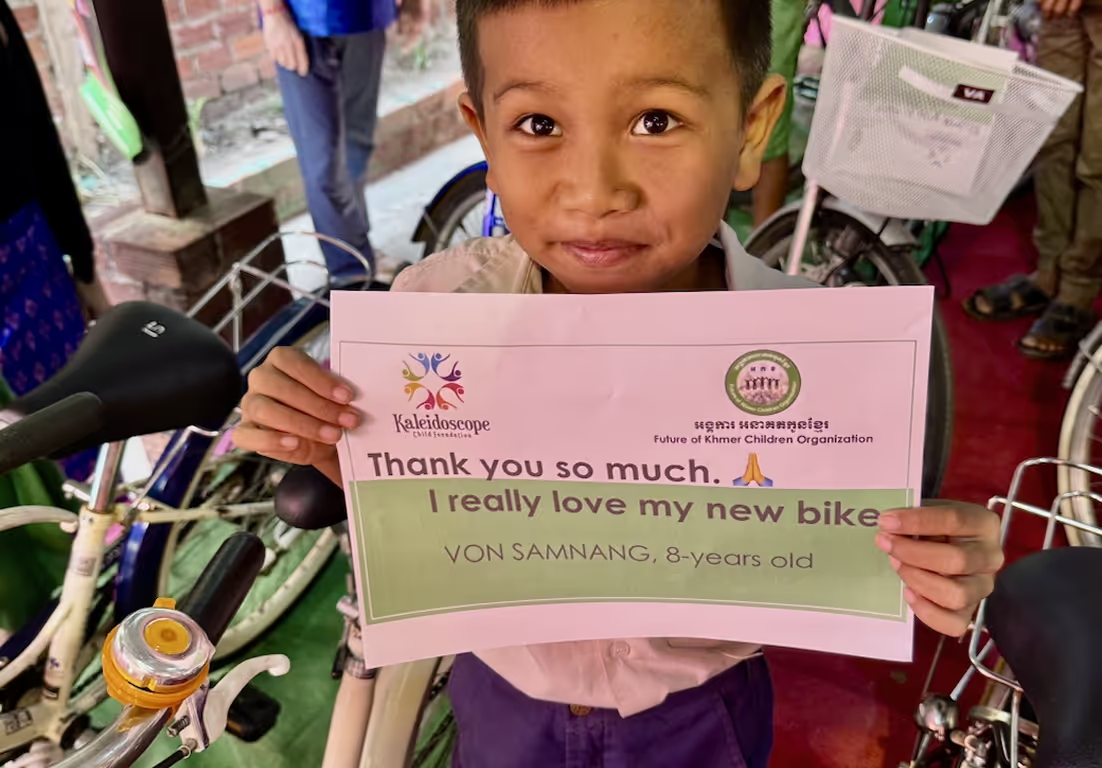

Meet Chantheany Leng School Administrator
A first-generation survivor of the Khmer Rouge, “Theany” (tee-in-ay) has served as Kaleidoscope Child Foundation’s administrator and principal director in Cambodia since 2009. Her tireless devotion to quality education and her longtime partnership with founder David Ault have been vital to the foundation’s growth and impact.
Words from Theany
ការមានឱកាសកសាងអត្ថន័យអស់កល្បជានិច្ចក្នុងជីវិតរបស់កុមារជាច្រើនពាន់នាក
គឺនៅលើសពីអ្វីដែលយើងគិតថាអាចធ្វើទៅបាន។
ប្រទេសកម្ពុជាត្រូវបានអនុគ្រោះដោយការរួមចំណែករបស់មនុស្សគ្រប់គ្នាដែលពាក់ព័ន្ធជាមួយ (Kaleidoscope Child Foundation) ហើយខ្ញុំសង្ឃឹមថាអ្នកទាំងនោះដែលបានទស្សនានិងធ្វើការជាមួយយើង ក៏មានអារម្មណ៍ដូចគ្នាដែរ។
ការមានឱកាសកសាងអត្ថន័យអស់កល្បជានិច្ចក្នុងជីវិតរបស់កុមារជាច្រើនពាន់នាក់ គឺនៅលើសពីអ្វីដែលយើងគិតថាអាចធ្វើទៅបាន។
ប្រទេសកម្ពុជាត្រូវបានអនុគ្រោះដោយការរួមចំណែករបស់មនុស្សគ្រប់គ្នាដែលពាក់ព័ន្ធជាមួយ (Kaleidoscope Child Foundation) ហើយខ្ញុំសង្ឃឹមថាអ្នកទាំងនោះដែលបានទស្សនានិងធ្វើការជាមួយយើង ក៏មានអារម្មណ៍ដូចគ្នាដែរ។
In Translation
“To have the opportunity to create such lasting meaning in the lives of thousands of children is beyond what we ever thought possible. Cambodia has been blessed by the contributions of everyone involved with Kaleidoscope Child Foundation, and I hope that those who visited and worked alongside us feel the same.”
Meet Rithy!
A bright and determined 13-year-old student in 8th grade and Level 3 English at our school in Siem Reap, Cambodia.
An extraordinary conversationalist, Rithy is passionate about English and dreams of becoming an architect. She is currently studying AutoCAD and computer skills alongside her regular coursework. Her warmth and joy are felt instantly, and her dedication is an inspiration to us all.
An extraordinary conversationalist, Rithy is passionate about English and dreams of becoming an architect. She is currently studying AutoCAD and computer skills alongside her regular coursework. Her warmth and joy are felt instantly, and her dedication is an inspiration to us all.
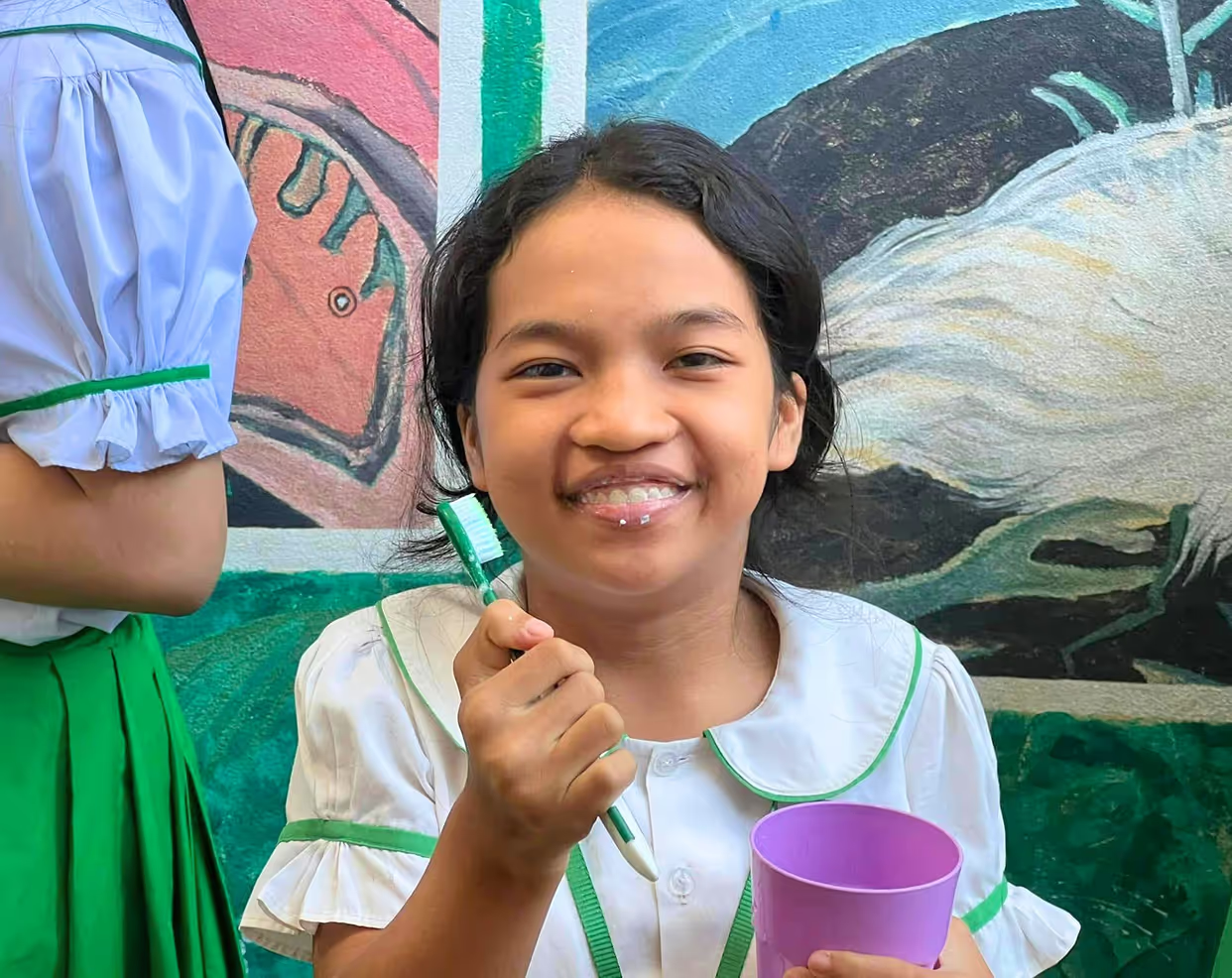
Meet Chanthou!
At age 10, Chanthou was receiving English instruction through Kaleidoscope’s programs in Siem Reap. Today, at age 20, she continues to be a shining star in our community.
Her consistent attendance and academic dedication are an inspiration to her peers and an example of the lifelong learning Kaleidoscope supports.
Her story is proof that Kaleidoscope’s education and outreach programs create long-term positive impact. Chanthou continues to be part of our thriving community and gives back by helping younger students achieve their goals.
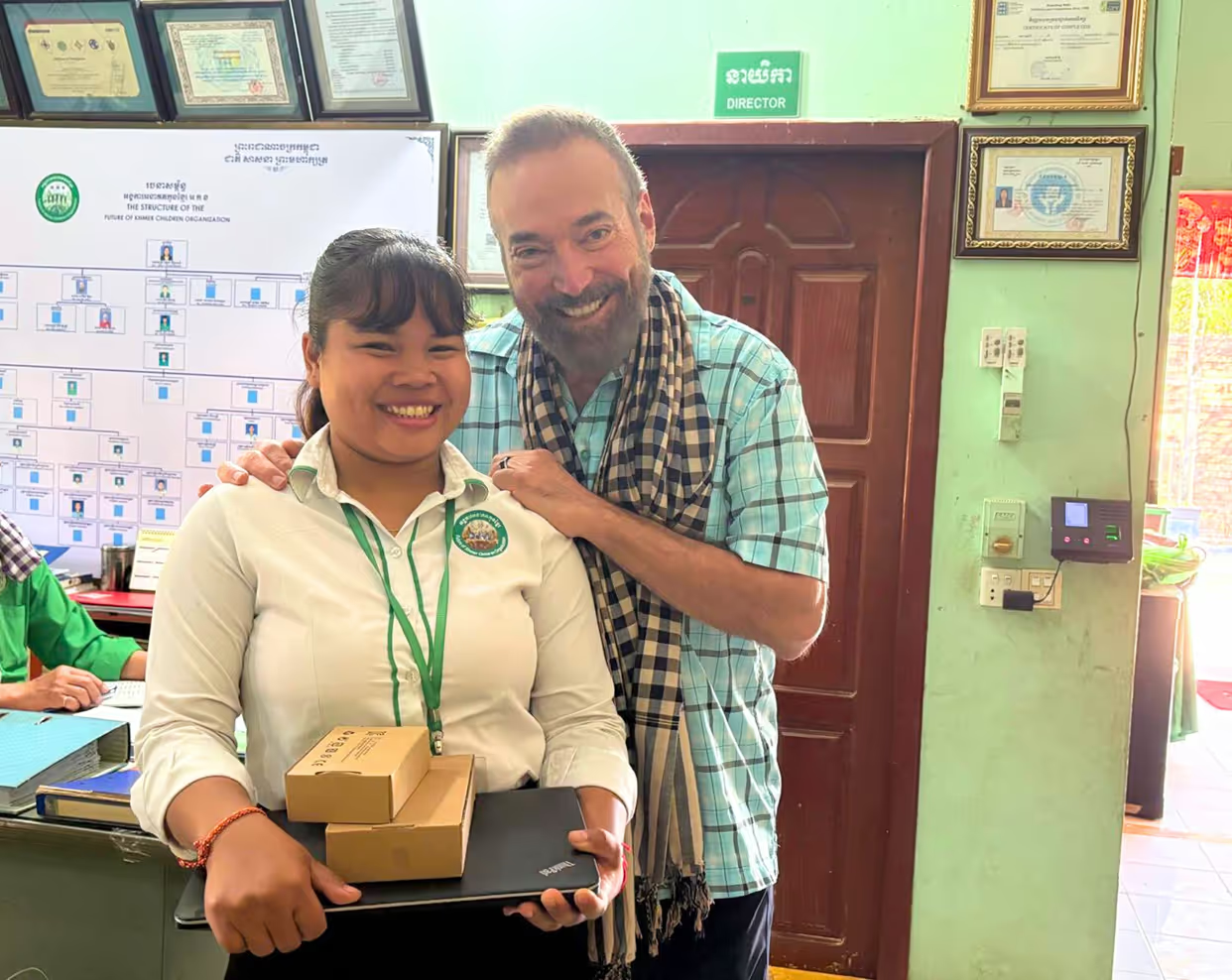
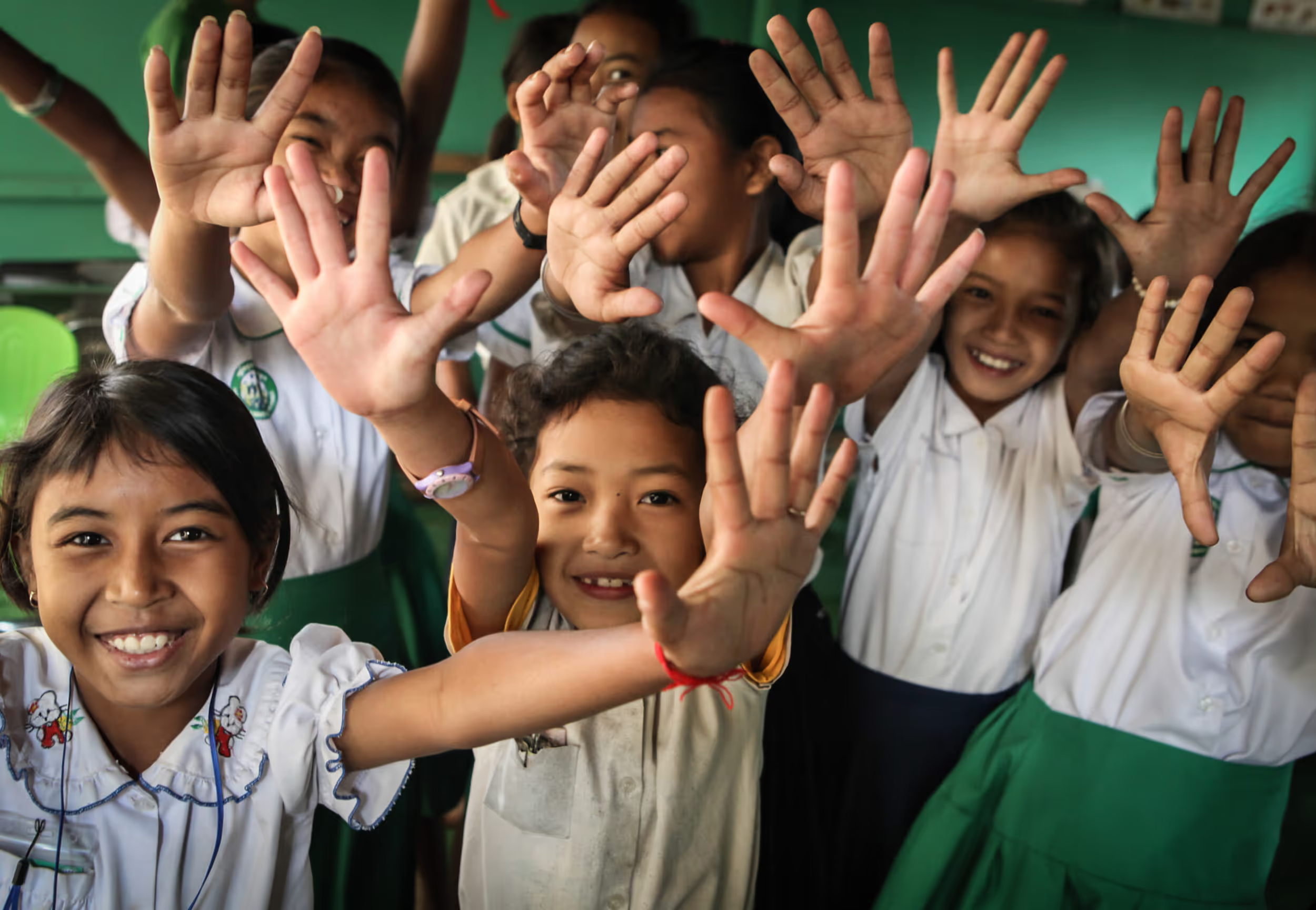
Get Involved!
There are many ways to support our mission. Your donation and volunteerism are deeply appreciated.
Learn more about how you can get involved today.

